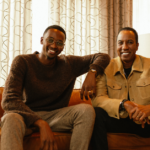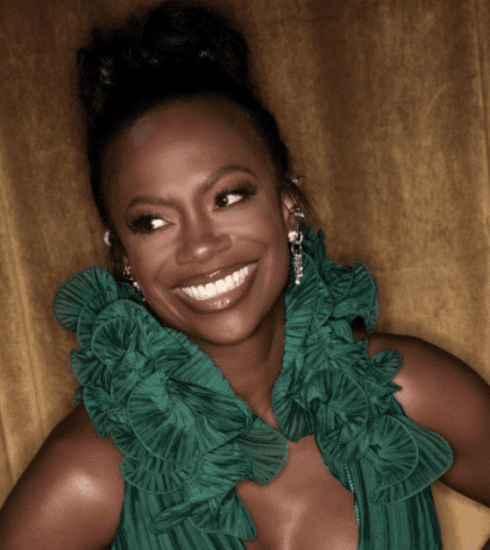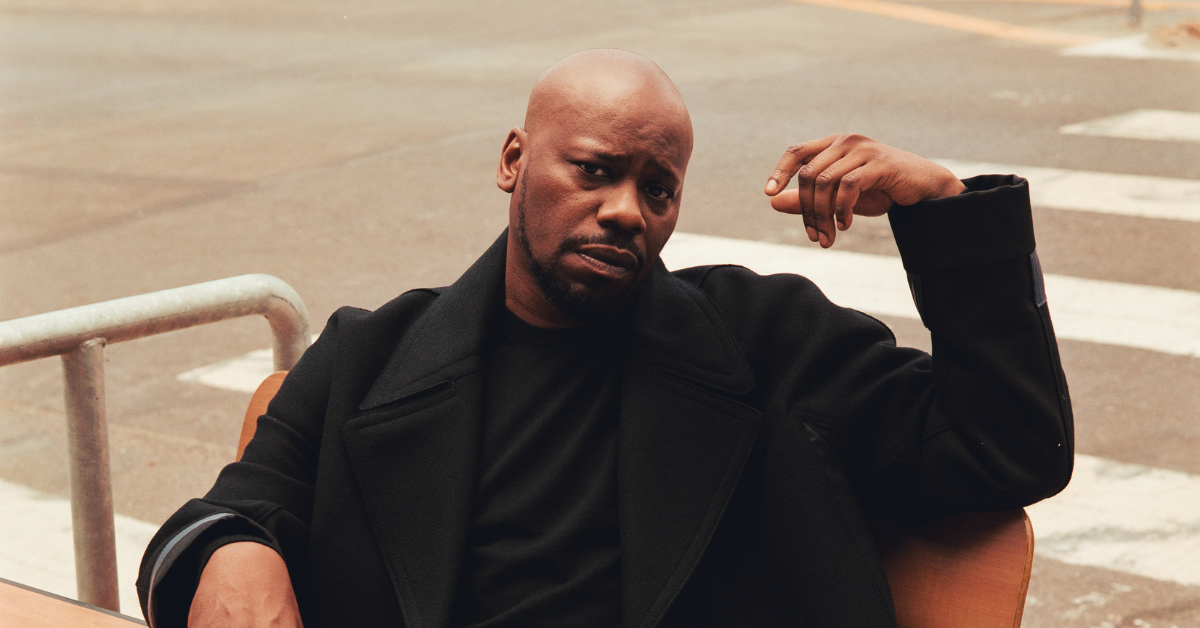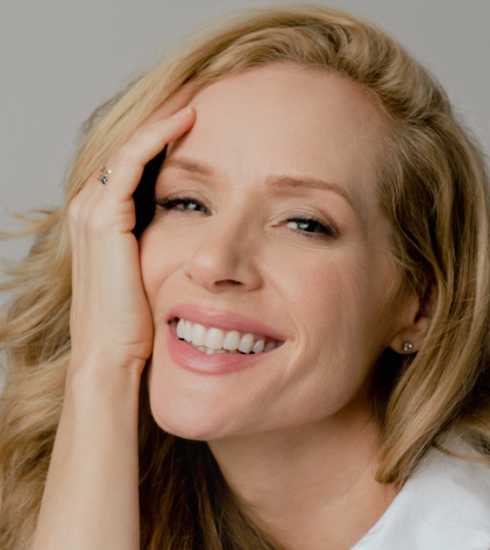Breaking the Silence: Actor Da’Vinchi on Mental Health, Loneliness, and the Power of Vulnerability
In the realm of Hollywood’s glittering stars, few shine as brightly and purposefully as Da’Vinchi, a rising actor known not just for his captivating performances but also for his impassioned advocacy for mental health. Perception Magazine had the opportunity to sit down with Da’Vinchi for an insightful conversation about mental health, loneliness, and the transformative power of authenticity. His commitment to shedding light on these critical issues is both inspiring and urgently needed in today’s society.
During our conversation, Da’Vinchi shared his personal journey with mental health, emphasizing the importance of authenticity and the collective action needed to break stigmas surrounding mental wellness. He spoke candidly about the loneliness epidemic in America, particularly among young adults, and the need for comprehensive mental health education and support.
Da’Vinchi’s mission extends beyond the screen. He has initiated a Mental Health Awareness College Tour, drawing thousands of students to hear him speak about the mental health crisis affecting today’s youth. Partnering with major organizations like McDonald’s, American Family Insurance, Capital One, and even collaborating with the U.S. Surgeon General, Vice Admiral Vivek Murthy, Da’Vinchi is leveraging his platform to address a matter of national importance.
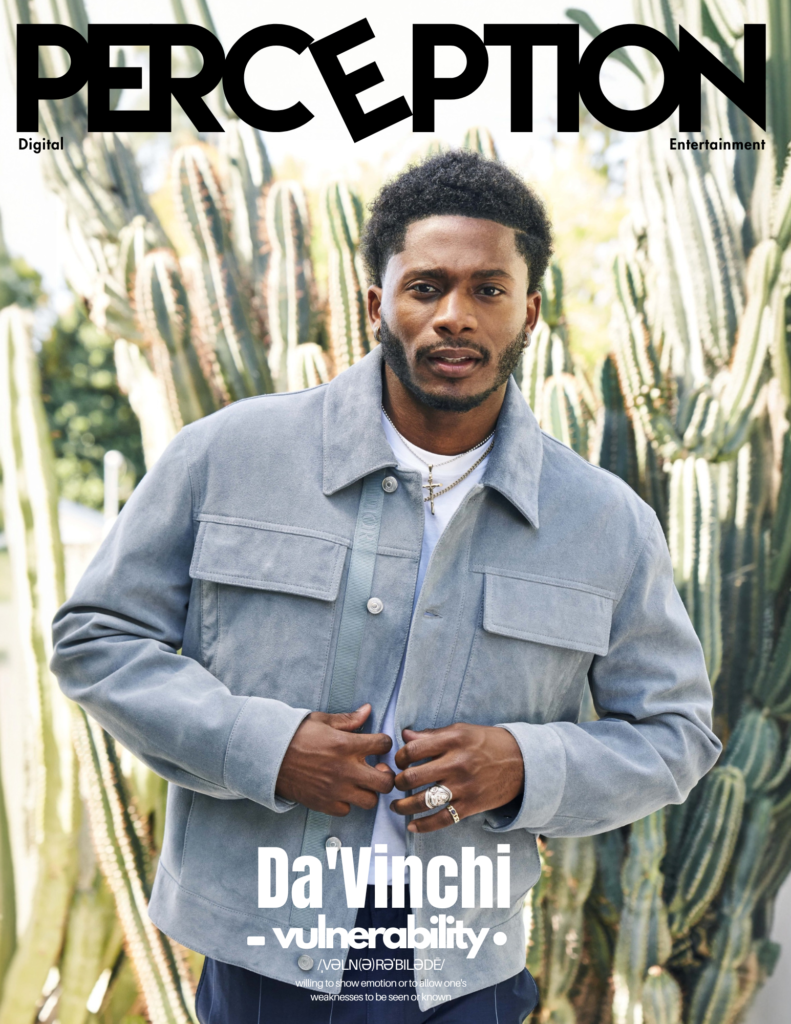
Key Discussion Points
- Mental Health, Authenticity, and Loneliness: Da’Vinchi and I delved into the mental health challenges facing many today, particularly the pervasive issue of loneliness despite increased digital connectivity. He highlighted the critical role of self-love, therapy, and self-care in fostering mental and emotional wellness.
- Overcoming Stigmas in the Black Community: Da’Vinchi discussed the unique pressures faced by Black men in acknowledging and addressing mental health issues. He emphasized the importance of education and awareness in dispelling myths about Black men and mental health, such as the misconception that they do not feel pain or empathy.
- The Importance of Self-Care: We explored how economic constraints can make prioritizing self-care seem like a luxury. Da’Vinchi shared his personal practices for maintaining mental wellness, including meditation, reading, yoga, and therapy. He stressed the necessity of integrating self-care and mental wellness training into youth education.
- Boundaries and Mental Health in the Entertainment Industry: Reflecting on his career, Da’Vinchi spoke about the importance of setting boundaries to avoid burnout. He shared how maintaining a healthy perspective through existential thinking helps him make better business decisions and stay grounded.
- Practical Advice for Mental Wellness: Da’Vinchi offered practical advice for those looking to prioritize mental, emotional, and physical wellness. He underscored the significance of mental preparation for life’s challenges and the importance of gaining a grip on mental health for better living.
Randy C. Bonds: Hello. First of all, thank you for joining us. We’re super excited to have you. On behalf of Perception Magazine, thank you for making time to talk about mental health. We know Mental Health Awareness Month was last month, and this month, is Men’s Mental Health Month. I know you’ve been doing a lot in that space and mental health as a whole, so I’m super excited. Starting off, tell us how you’re doing today. And I don’t want to just ask it as a standard, like, oh, how are you? But like, genuinely, how are you in the space that you’re at in this, in this particular moment today?
Da’Vinchi: Um, I’m in an interesting space. I think learning another side of life and a practicality part about a lot of the things that, you know, we grew up hearing to whereas whether some things like the grass ain’t always green on the other side. Nothing’s always going to be perfect, you know. I’m just really learning why certain people who’ve lived have uttered certain phrases in their lives. I see it now. You know, when you’re living and you’re dealing with people you’re doing business on such a high level, not the average level, and getting rooms and buying homes and things of that nature, you know, it’s a lot of growing that you’re doing, and you start seeing a side of life that is like, wow, these aren’t just quotes anymore. It’s like, patience really is a virtue, you know, and things of that nature.
Randy: I think it also goes to say, to an extent, words really have power. And at times, in the moment, we do not realize the power of those words. But eventually, should we live long enough we are lucky enough to see just the power of those words, sometimes the good ones, and sometimes the not-so-good ones… Understanding manifestation and the power of your words, how do you find that balance between being authentic in your expression, while also being being responsible with your confession?
Da’Vinchi: I feel like I try to be very organic and real with how I express myself and how I go through life, no matter what room I’m in, because I understand that I have a duty that was given to me that I was unconscious of when I entered the realm of becoming an actor and gaining so much notoriety from it. Because of the amount of eyes that are on me, I feel like I have to keep this authenticity. By being real with my struggles and with what I’ve seen in my life, I’m consciously permitting others to do the same.
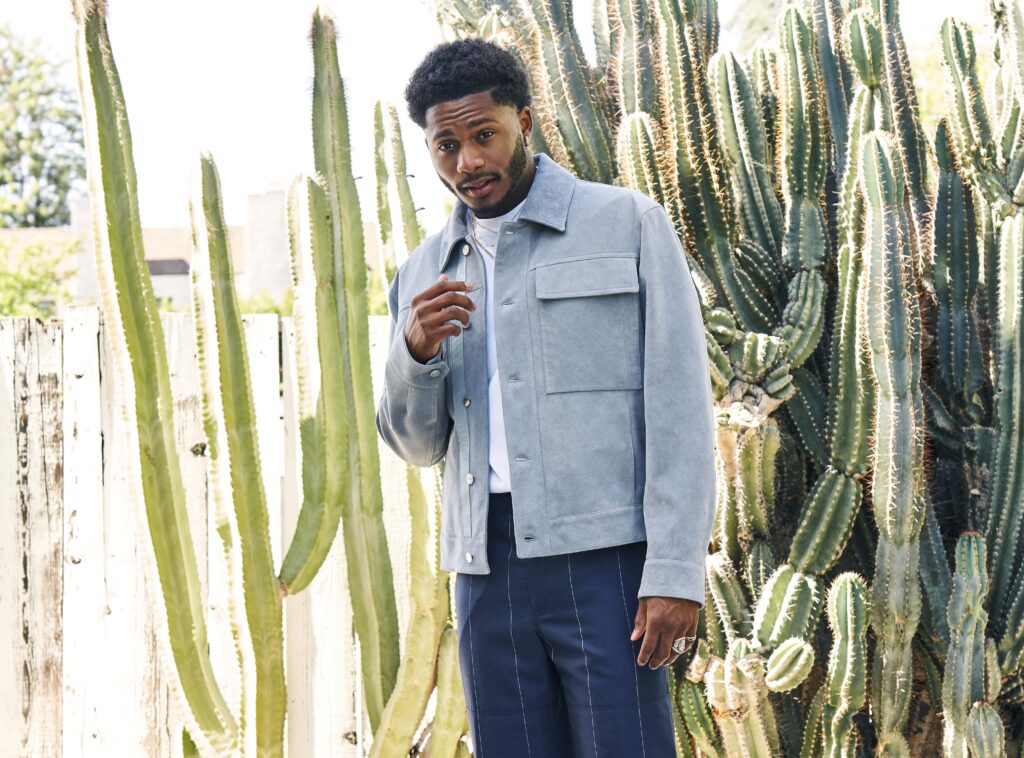
Randy: For sure. You noted that loneliness was an epidemic and depression as a disease. Can you elaborate?
Da’Vinchi: It is. We are social creatures in our nature. We need to socialize. We need companionship. We need people. If you look at it from a scientific perspective or even go into religion, man needs a companion. That’s why God created that for us. Loneliness is not something that serves man. In prison, one of the worst punishments you could do to a prisoner is solitary confinement. We are meant and made to connect and feel with each other, even though some of us love saying, “Oh, we love being alone.” But that’s why you have a dog or a pet. Some of us swear by our loneliness, but if you look closely, they’re not really as alone as they may seem.
Randy: Why do you think there’s not more conversation and more popular mainstream conversation around loneliness as a whole?
Da’Vinchi: I think it’s because a lot of men, and even women, don’t feel like they have a safe space. Nowadays, you don’t even feel like human beings are connected enough to talk about that and open up. Especially for men, you hear everything from ‘it’s a tough world’ to ‘suck it up,’ and ‘Don’t be a wimp.’ So you don’t even feel comfortable. It’s not a safe space. Life is so fabricated now, and a lot of people are on autopilot.
Randy: Nowadays, as creatives and artists, we get a chance to be storytellers. But now, because of social media, you also become an influencer. How do you ensure that what you’re doing is both, entertaining while still creating impact?
Da’Vinchi: I use social media to both, entertain my fans and connect with them on a deeper level. I play a gangster on one of my shows, so I make it a point to give back. I go to schools and colleges, team up with the National College Foundation, give scholarships, and share my story. I believe life is pointless if you’re not alleviating suffering to some form or some degree.
Randy: I love that. And for yourself, it requires you to practice what you’re preaching. How challenging is it for you, especially as a man, and even more, as a black man, to open up and use yourself as an example?
Da’Vinchi: It’s definitely challenging. It was toughest the first time. Now, when you become successful, people think you have no real problems, so it makes it a conflict when you’re talking about your problems. They think I was fed a silver spoon my entire life. But I come from poverty. I come from really, like, the streets. Now it makes it hard sometimes for people to think that I’m being honest and real about where I come from.
Randy: As an African American man, give me, like, three to five myths regarding black men that you think keep people from seeing them as human.
Da’Vinchi: One, people think our pain tolerance, on a physical, emotional, and spiritual level, is higher because of the torment we went through for over 400 years. Another myth is that we aren’t smart or educated. Social media perpetuates this stigma, and sometimes we praise this ignorance. Lastly, seeking mental help is seen as a sign of weakness or insanity. This comes from a lack of education and understanding about mental health.
Randy: How have you learned to prioritize self-care, and view it is maintenance rather than a luxury?
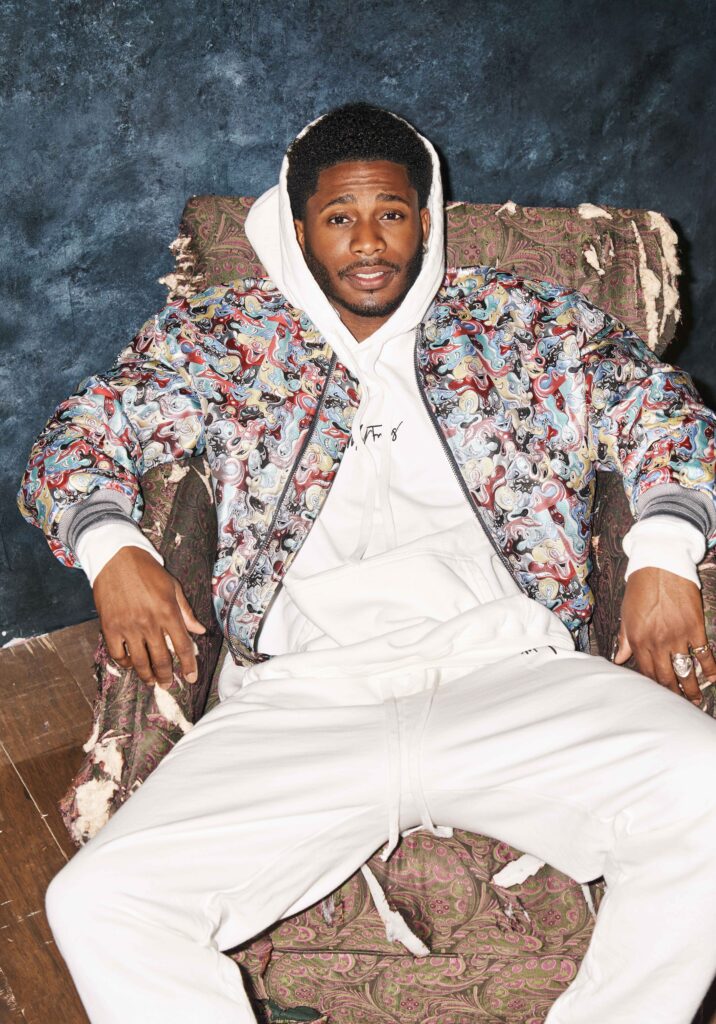
Da’Vinchi: Unfortunately, self-care has become a luxury because you need time, and to have time, you need finances. But I make it a point to meditate often, read often, do yoga, take walks, talk to therapists, and read works by psychologists and neurosurgeons to understand how to affect the brain positively.
Da’Vinchi’s journey and insights into mental health, especially within the black community, shed light on the importance of authenticity, vulnerability, and connection. His commitment to using his platform for positive impact serves as an inspiration to many, proving that real strength lies in embracing one’s true self and extending a helping hand to others.
Action Items and Future Endeavors
- Continue Using Platform to Promote Mental Health Awareness: Da’Vinchi aims to make wellness accessible and practical, emphasizing the importance of mental and emotional wellness for all.
- Self-Care Practices for Youth: There is a need to incorporate wellness training into school curriculums, focusing on mental health and emotional development.
- Collaborative Efforts: Da’Vinchi calls for collective action to rewrite the narrative around mental health, particularly within the Black community.
Da’Vinchi’s advocacy work and dedication to mental health are admirable and necessary. His story is a testament to the power of speaking out, seeking help, and encouraging others to do the same. Through his efforts, Da’Vinchi is helping to build a more understanding and supportive society where mental health is prioritized and stigmas are dismantled.
Photography Credit: Riker Brothers Photography


